Several weeks ago in one of my coaching sessions with Cara I encouraged her to re-work her about me page. Actually, it’s one of those pages that online teachers neglect or use to put a basic bio (see my old one below). Some time after she completed the project, I received this email from her,
I just had to share this win with you! Thank you so much for your feedback on my about me page! I would never have expressed myself with the focus on listening to my inner voice without your input:
[What follows is the feedback she got from one of her subscribers]:
I just read “about me” in your site. Listening to your inner voice was what get me interested.For me, whenever I try to figure out what I really want, I discover there is a core message, but another voices preventing me to do so.
There are two controversial components your “about me” page must have, and you probably don’t know about them.
Before we get into details though let’s consider a typical “about me” page.
When I began teaching online my “about me” page was a basic bio, and here it is:
“Elena Mutonono graduated from X College with the double major in English and German languages. She worked for 7 years at X College and has participated at TESOL international conferences several times. She received a grant from the Regional English Language Office/US Embassy to develop online teacher training programs. A year later she started this platform to help students from the entire CIS learn English. She now lives in New Orleans, US.”
I must say it’s a typical bio that you will find on 9 out of 10 “about me” teachers pages. Generally it makes sense to us to include a list of a) our credentials, and b) our accomplishments.
As many online teachers I used to think my about me page was just about me. But here’s the deal: your about me page isn’t going to be truly effective if you make it all about you. So today I want to focus on these 2 *controversial* facts you must know when you’re about to create your “about me” page.
(I call them *controversial* because I expect some people to disagree, but I will share this information anyway).
#1. Your “about me” page isn’t about you (well, not only about you).
#2. Your “about me” page must hook the reader, not just inform them.
Let’s look at these in a bit more detail, shall we?
Controversial fact #1: Your "about me" page isn't about you.
It’s intuitive for us to use “about me” page as a paragraph you put on a social network for professionals. We believe we must emphasize our past experiences (the more the better), and bring about the fact that we are qualified teachers. That makes our about me page look just like somebody else’s.
While all of the above is important and some of it must be included to establish our credibility, there’s a factor that is lost when we try to impress our first-time visitors: we forget to talk about them.
What do you think a student who’s read 10 similar-looking bios is going to do next on your website? Right, they’re going to look at the price and compare it to the website they’d just gone to. Actually, they begin comparing some random facts.
“This person is just as experienced as others, but holy smokes, they charge $5 more per hour than that other guy whose picture is a bit funnier.”
An effective “about me” page is never about you. It’s about your client. Your ideal client. There’s a process that goes into putting the effective “about me” page up, and it goes far beyond one’s accomplishments.
Here’s what you might consider when after reading this you decided to take on a similar challenge:
- Ask yourself what your ideal client is like.
- Take detailed notes.
- Think where they are when they come to your website (what were they looking for?)
- Think about the one thing you can help them with.
- Talk about why you can help them with this one issue better than anybody else you know.
Why all this bother?
Well, probably because you might want to make some money teaching online, and that doesn’t happen without finding students. Furthermore, if you want your students to connect with you, you need to give them the reason to believe that you will help them with that one problem they have.
This of course goes hand-in-hand with the niche discovery, but even beyond that: it connects with your reader’s pain and shows to them how you can resolve it better than anybody else (and why).
Controversial fact #2: Hook the reader, not just inform them.
You know those books that you open, read the first line and just can’t put down? It may be the gift of the writer (like one of Khaled Hosseini’s books), or the fact that what you’re reading is based on a true story (just recently I re-read Memory Keeper’s Daughter by Kim Edwards) or maybe it’s the story that resonates with where you are from and what is a part of your identity.
For one reason or another the story pulls you in, and all of a sudden you find yourself living in that world. Does that ever happen to you?
That’s the power of story-telling. It connects to us and it hooks us. Imagine feeling that way when you open a reference book? Maybe some people out there enjoy poring over references, but generally we enjoy stories because they pull us in right away.
Now look back at your about me page and ask yourself if it looks like a reference page or a story? I’m not advocating writing an autobiography, I’m asking if you could change the language and the structure of your page so it reveals your personality, not just accomplishments.
Here’re some tips you might consider when you’re stuck trying to complete this challenge:
- Look at your favorite websites and read other people’s about me pages. Take note of what you like and what you don’t like (style, wit, personality, balance).
- Do you feel connected to this person and do you trust that they will help you with the problem you might have?
- Take note of why this person is qualified to help.
- Go back and look at your about me page and after you complete your “ideal client” description (see above), re-write the page with this person in mind.
- Imagine you’re talking to this person – how would your language be different?
Check out Veronika Palovska’s excellent post on Writing in a Conversational Tone for more instruction on this matter.
A Road map to a Successful Online Business
How do you feel about writing your own “about” page? Do you have some original ideas or perhaps great examples that you found on the web and would like to emulate? Please share in the comments!

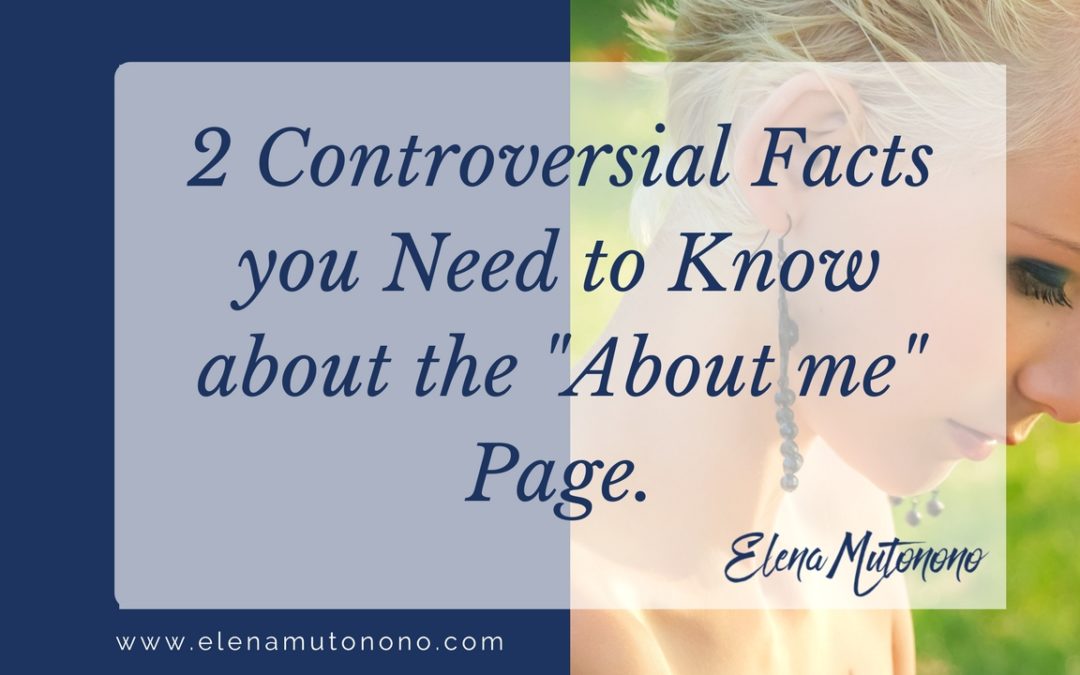
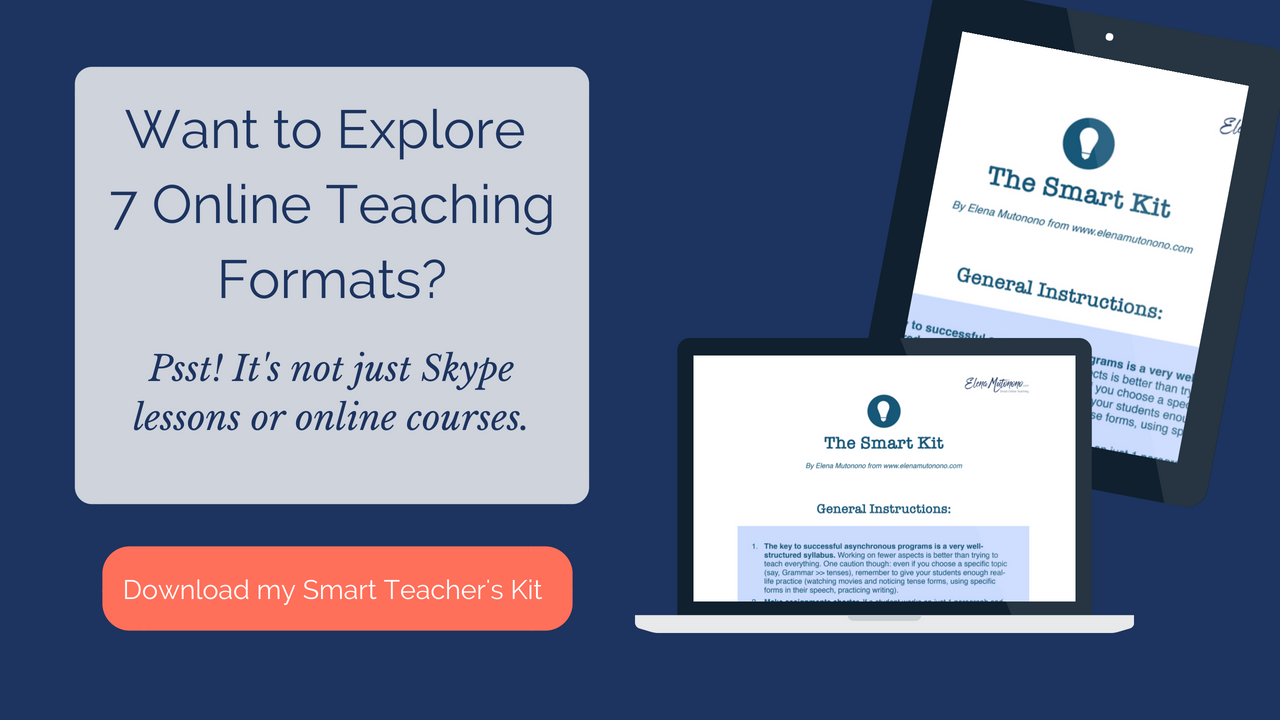
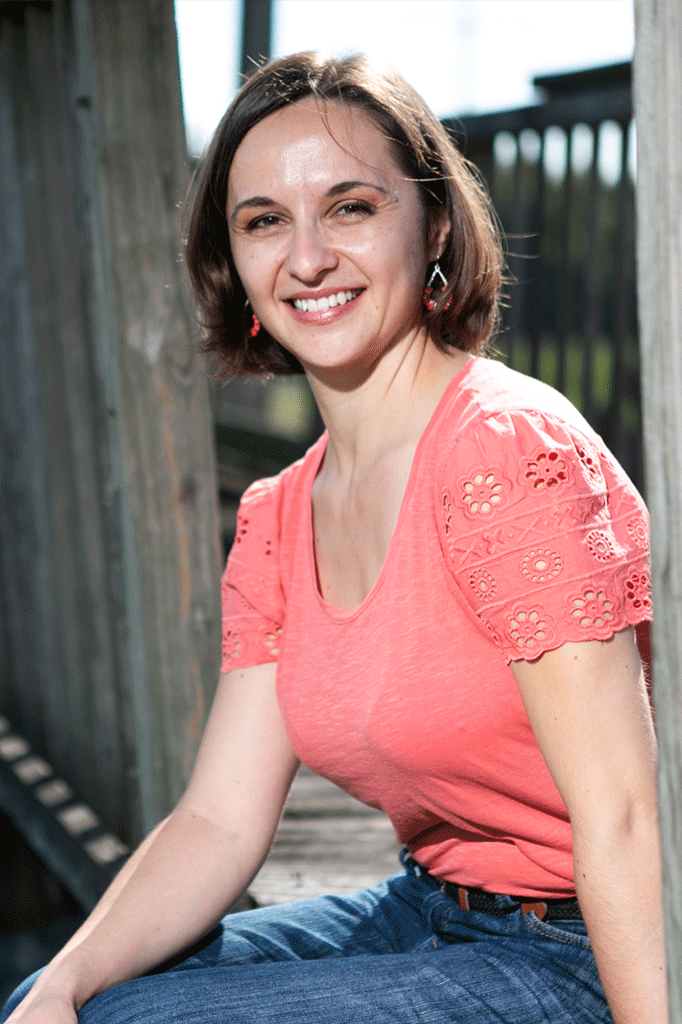 Welcome to my nook where *Big Magic* happens. My name is Elena Mutonono, I help small business owners package their services as digital products and sell them online. I want you to work smarter, not harder. Increase your impact beyond your current face-to-face clients. Grow your business as you reach more people all over the world.
Welcome to my nook where *Big Magic* happens. My name is Elena Mutonono, I help small business owners package their services as digital products and sell them online. I want you to work smarter, not harder. Increase your impact beyond your current face-to-face clients. Grow your business as you reach more people all over the world.
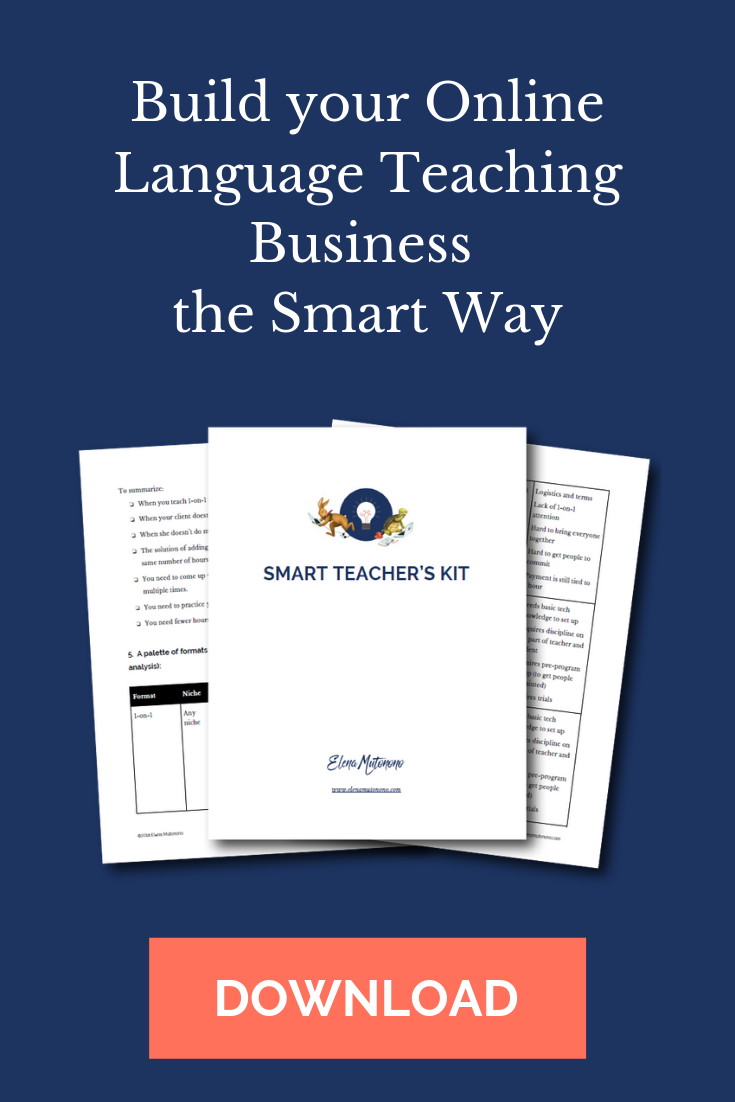
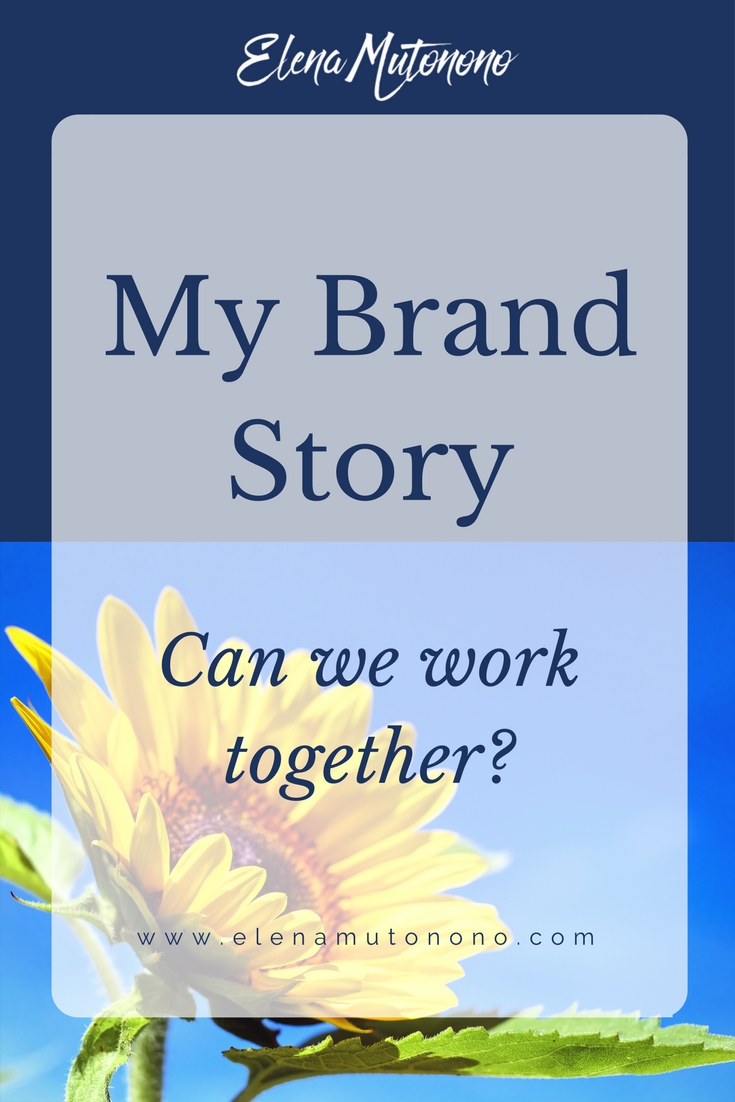

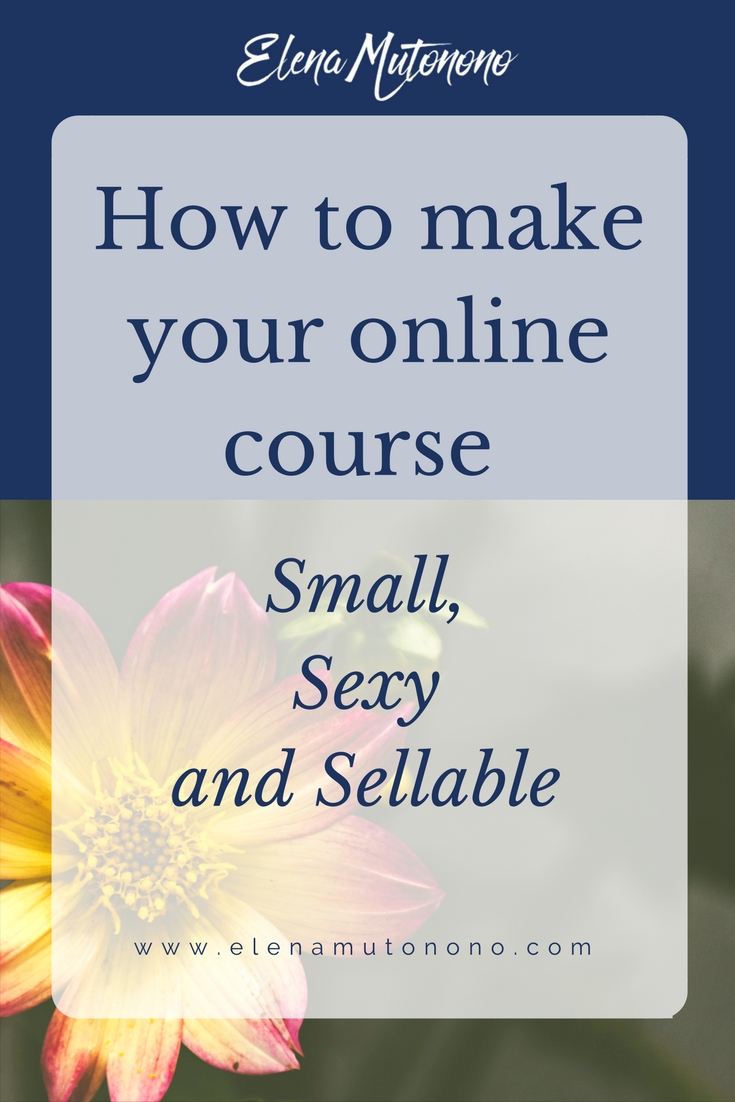
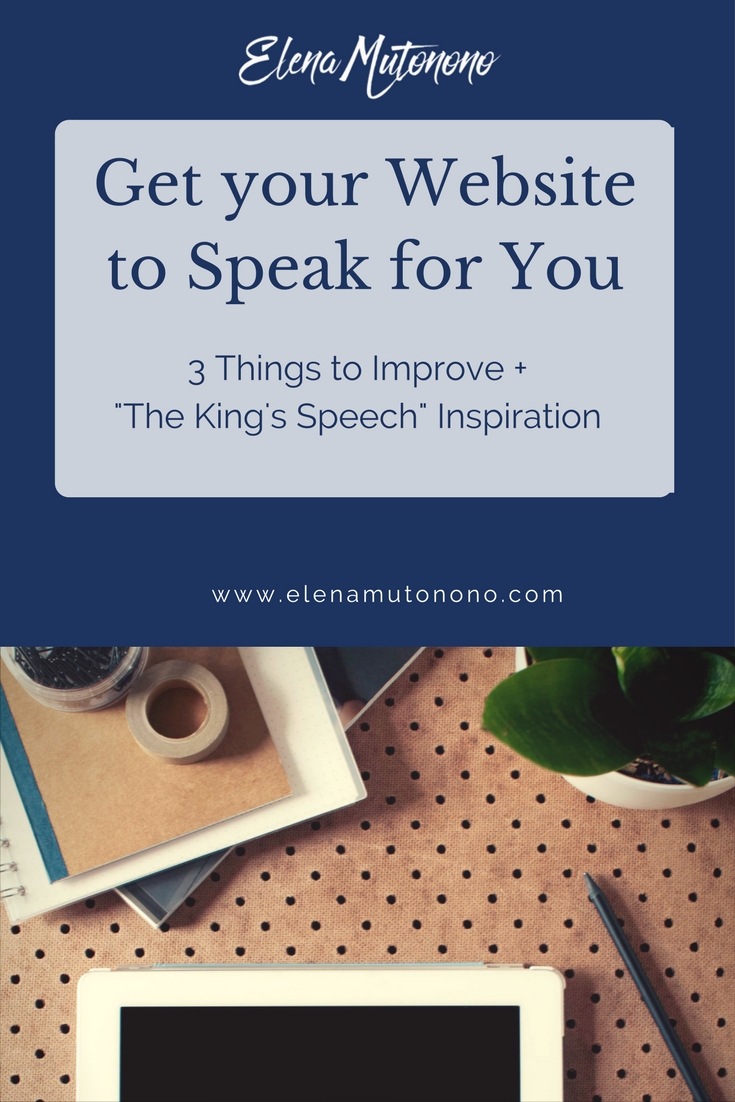
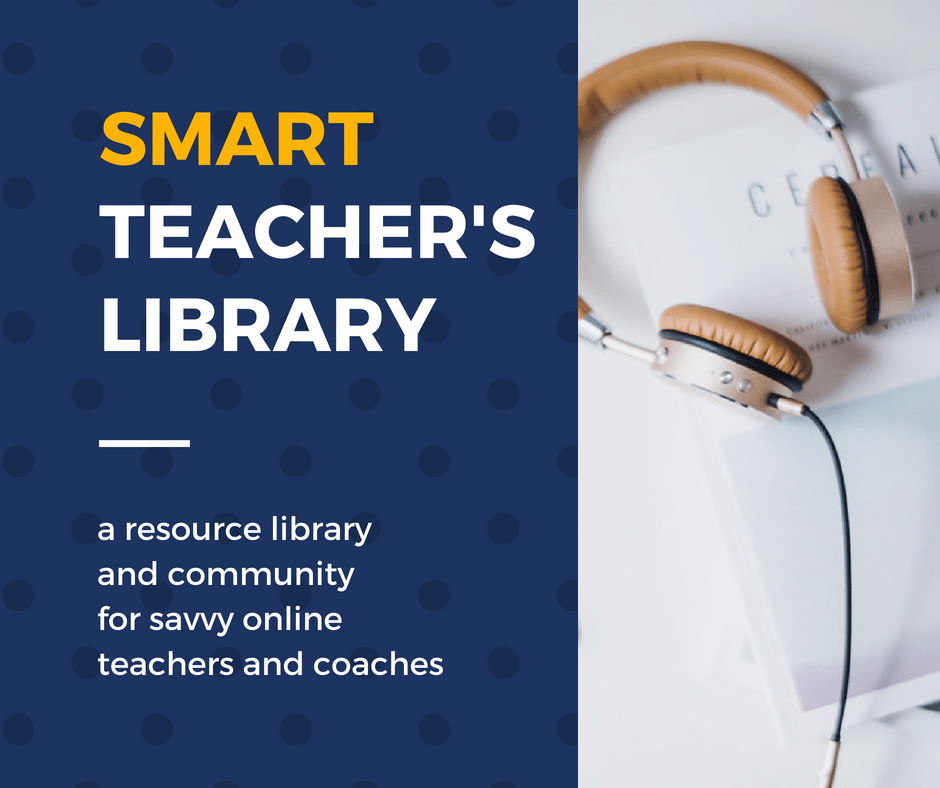
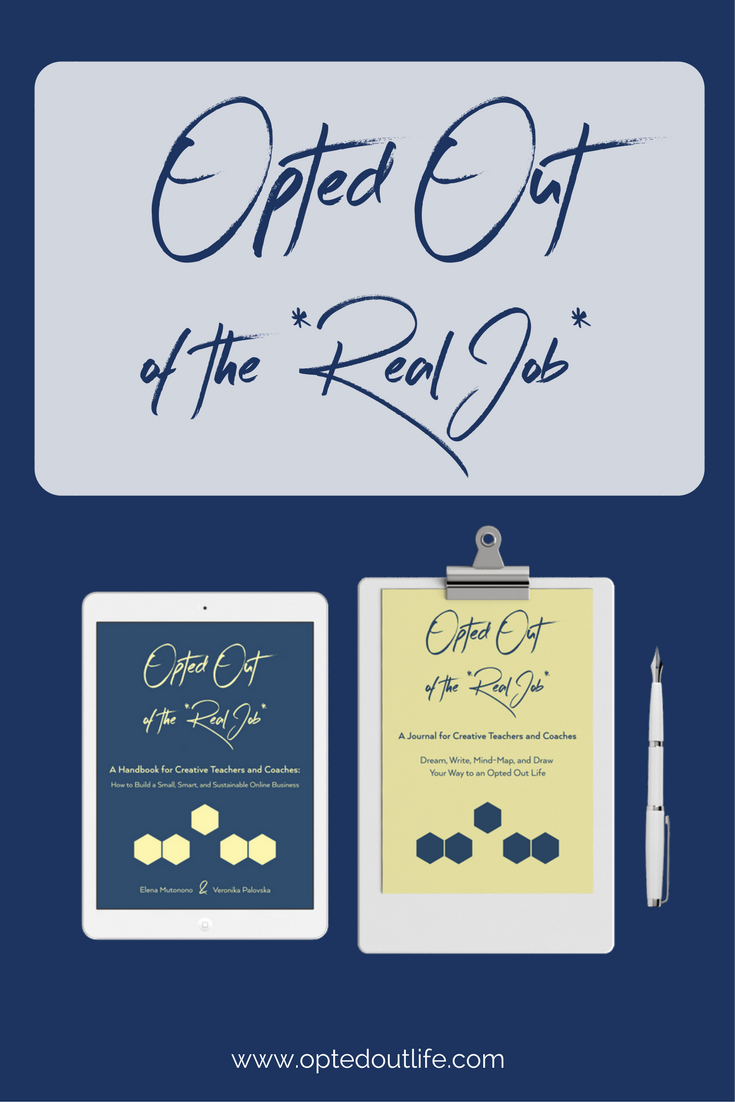
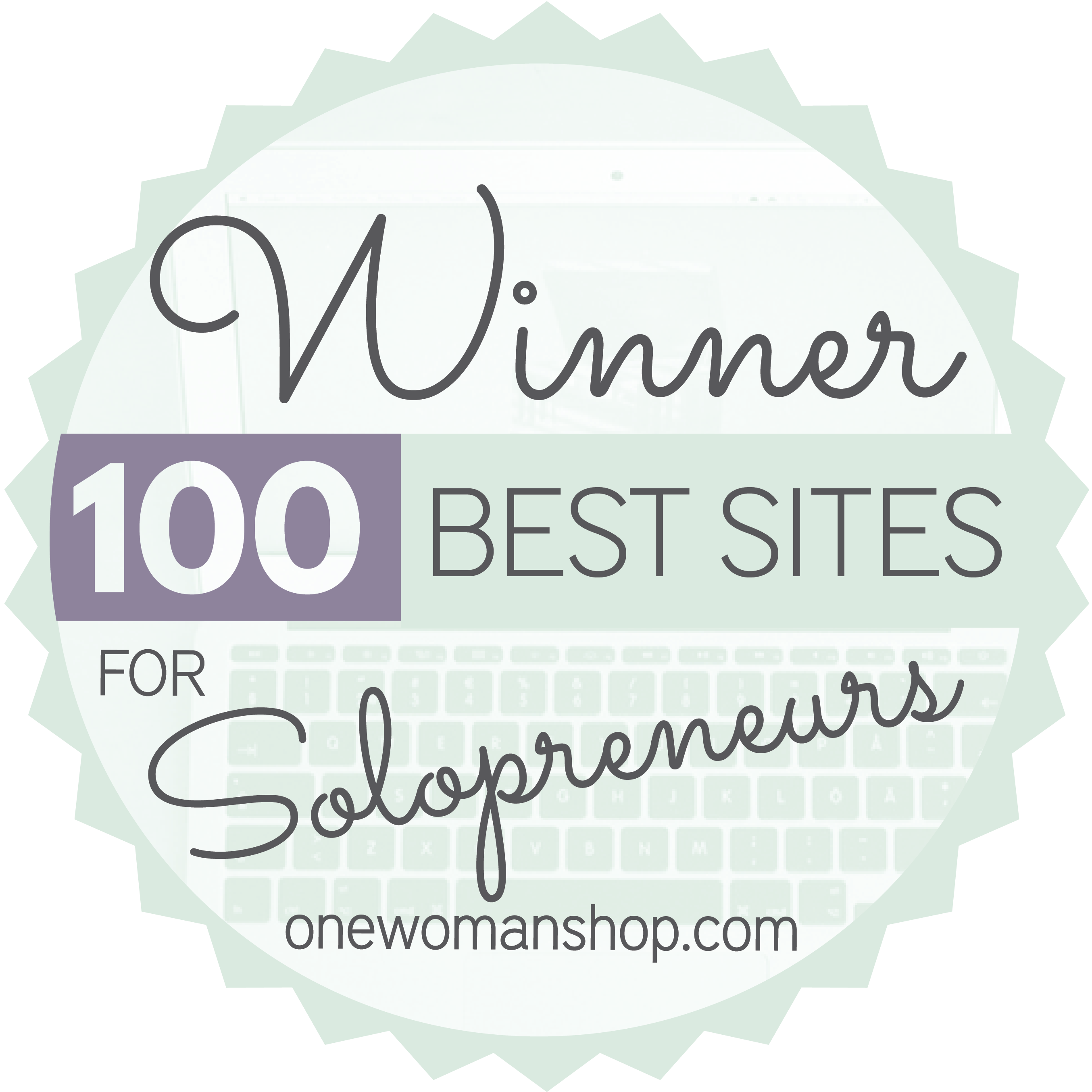
Elena, this post is great. When I read my about me page, I am totally bored. I might as well have cut and pasted my CV into it. I realise now that I need to put some of my personality into it and give the potential coachees something to identify with by giving something of my story. I’m going to rewrite it this weekend. Your blog is always so informative – thank you again for such a useful post.
Katey, thanks for your feedback! It’s so easy to just list our qualifications without even connecting to the reader. Glad that this post prompts action – would love to see your new “about me” page.
Elena,
Interesting that this has come up. I have noticed this on a few sites out there where the About Page has now become About You and Me. It is powerful and really makes you wonder if the writer has jumped inside your head to find out what YOU want.
Like many my About Page is more about me but also includes my vision and mission. Seems to be a bit of a trend thing in NZ education sites. I am now in the process of adapting it to include the reader and their vision/mission.
Good one! Thank you.
This is a super post, Elena! Thanks for sharing your thoughts. I also used to have a bio-style about me page but I rewrote it after reading Mish Slade’s book ‘May I have your attention, please?’. If you haven’t read that one I think you’d enjoy it!
Thanks, James! I will check it out.
lol, come to think of it I picked my Cantonese teacher because in her introduction video she started to talk about Stephen Chow movies ahaha. This is so true
Oh wow. Never fails, doesn’t it?